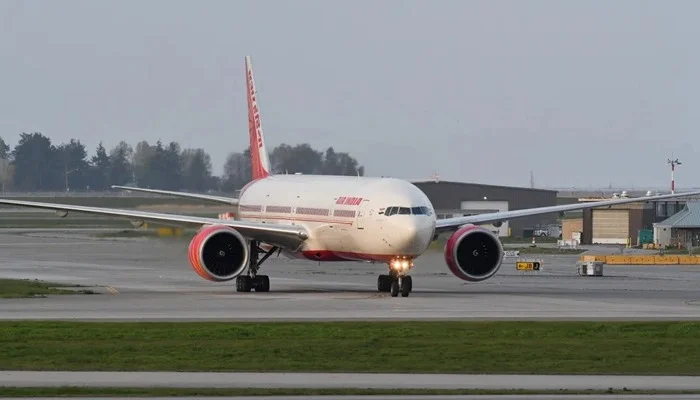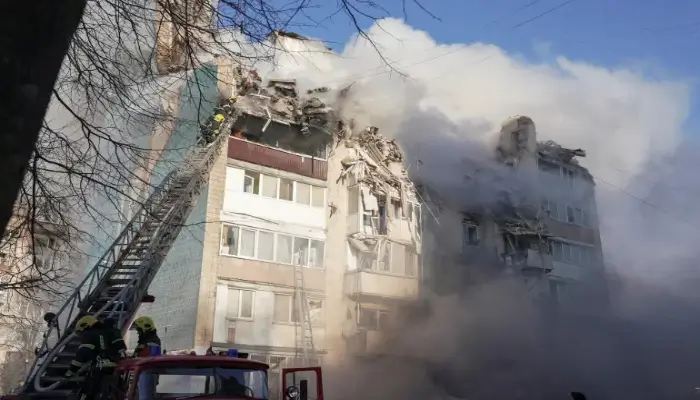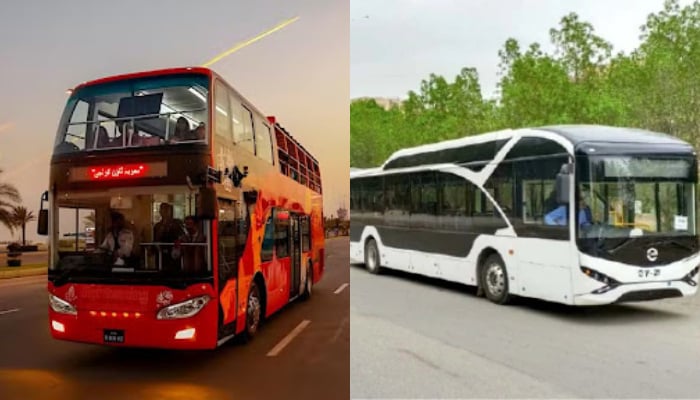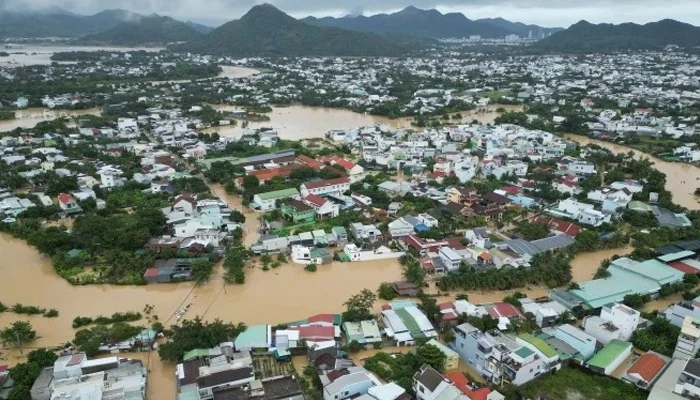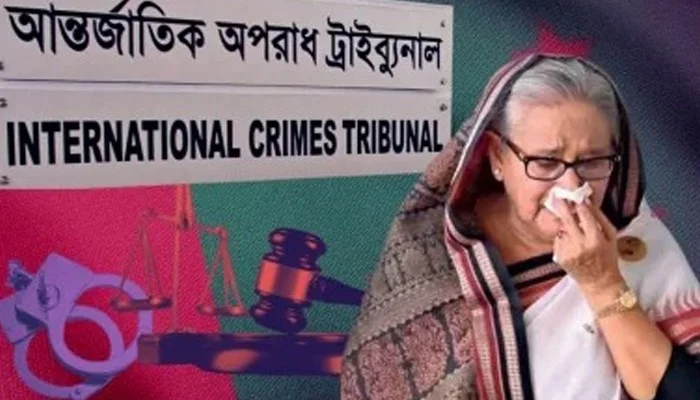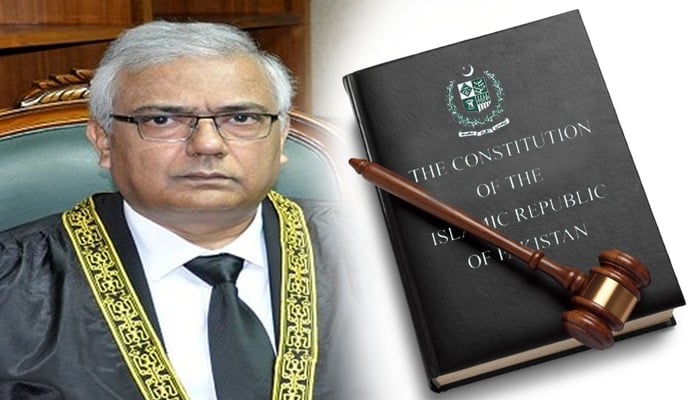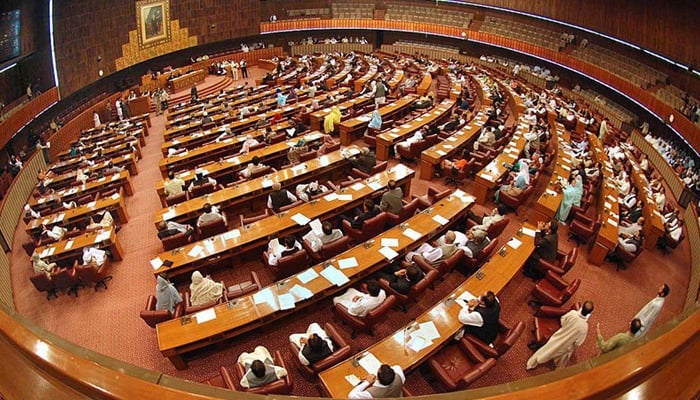NEW DELHI: Air India is urging the Indian government to open diplomatic channels with Beijing to secure access to a strategically sensitive airspace corridor in China’s Xinjiang region, according to an internal company document reviewed by Reuters.
The appeal marks an unusual request just weeks after direct flights between India and China resumed following a five-year suspension triggered by a deadly Himalayan border clash.
Pakistan closed its airspace to Indian carriers in late April amid renewed diplomatic tensions. Since then, Air India—the country’s only airline operating an extensive international network—has been forced to take longer routes on several long-haul sectors.
As a result, fuel costs have risen by up to 29%, and some flights are taking as much as three hours longer, the document states. The airline estimates the annual hit to its pre-tax profit at $455 million, exceeding even its $439 million loss for the 2024–25 fiscal year.
Air India has requested that New Delhi ask China to allow overflight access as well as emergency landing options at Hotan, Kashgar, and Urumqi airports. The proposed route would help cut travel times to the U.S., Canada, and Europe.
“Air India’s long-haul network is under severe operational and financial strain … Securing Hotan route will be a strategic option,” the airline said in its submission.
However, the Xinjiang corridor is notorious among global carriers. Surrounded by some of the world’s highest mountain ranges and controlled by the People’s Liberation Army’s Western Theater Command, the area is considered risky for emergency descents and diversions. Analysts have noted recent expansions at the Hotan military airbase, underscoring its strategic sensitivity.
The crisis comes as Air India attempts to rebuild its reputation following the June crash of a London-bound Boeing 787 Dreamliner in Gujarat that killed 260 people, prompting fleet-wide safety checks and temporary flight reductions.
China’s foreign ministry said it was “not aware of the situation” and referred inquiries to other authorities. Air India, along with civil aviation regulators in India, China, and Pakistan, did not respond to Reuters’ questions.
India’s government is currently evaluating the airline’s request, but gaining access to one of China’s most militarised air corridors may prove diplomatically challenging.

